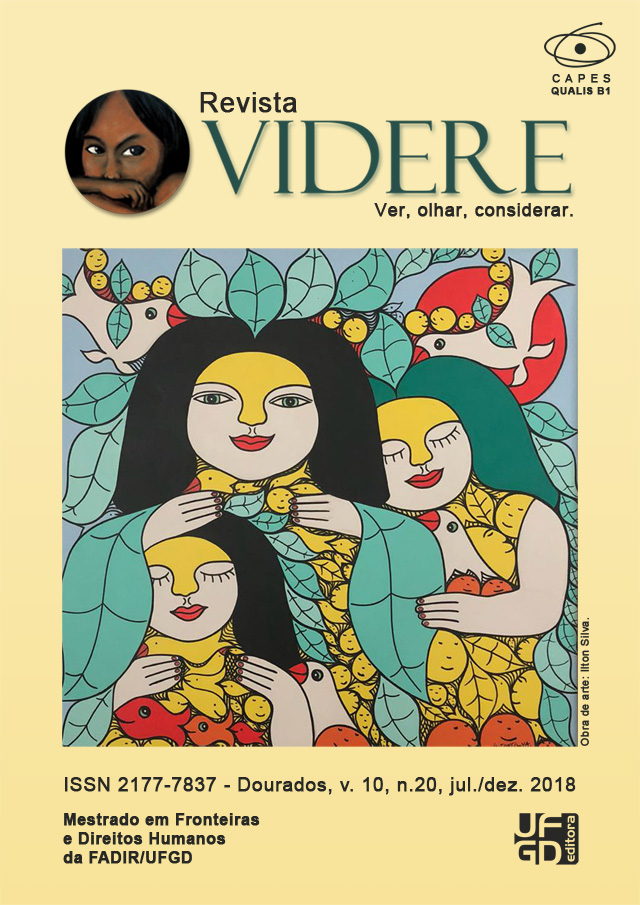Women’s rights under universal protection and international human rights treaties: dialogues between global and local
DOI:
https://doi.org/10.30612/videre.v10i20.7380Keywords:
Convention on the Elimination of all Forms of Discrimination Against Women. International Human Rights Treaties. Women’s rights protection.Abstract
The main international human rights documents establish gender equality as a right to be enforced. Nevertheless, this equality has remained purely formal. The task of transforming it into real equality has been arduous, especially because the historical construction of human rights has always occurred with the exclusion of women and the reinforcement of patriarchal ideologies. The result of this inequality is women’s vulnerability, which directly affects the fulfillment of human rights. Therefore, the proper confrontation of the circumstances that give rise to women’s vulnerability, linked to the promotion of gender equality policies, is essential for human rights international bodies enforcement. This study aims to discuss the main international treaty related to women’s protection, the Convention on the Elimination of All Forms of Discrimination against Women (CEDAW), and to analyze how Brazilian legal system incorporates this treaty, which influences our domestic legal order.
Downloads
Downloads
Published
How to Cite
Issue
Section
License
Authors must accept the publication rules when submitting the journal, as well as agree to the following terms:
(a) The Editorial Board reserves the right to make changes to the Portuguese language in the originals to maintain the cultured standard of the language, while respecting the style of the authors.
(b) Authors retain the copyright and grant the journal the right to first publication, with the work simultaneously licensed under the Attribution-NonCommercial-ShareAlike 3.0 Brazil (CC BY-NC-SA 3.0 BR) that allows: Share - copy and redistribute the material in any medium or format and Adapt - remix, transform, and create from the material. CC BY-NC-SA 3.0 BR considers the following terms:
- Attribution - You must give the appropriate credit, provide a link to the license and indicate whether changes have been made. You must do so under any reasonable circumstances, but in no way that would suggest that the licensor supports you or your use.
- NonCommercial - You may not use the material for commercial purposes.
- Sharing - If you remix, transform, or create from material, you must distribute your contributions under the same license as the original.
- No additional restrictions - You may not apply legal terms or technological measures that legally restrict others from doing anything that the license permits.
(c) After publication, authors are allowed and encouraged to publish and distribute their work online - in institutional repositories, personal page, social network or other scientific dissemination sites, as long as the publication is not for commercial purposes.



















